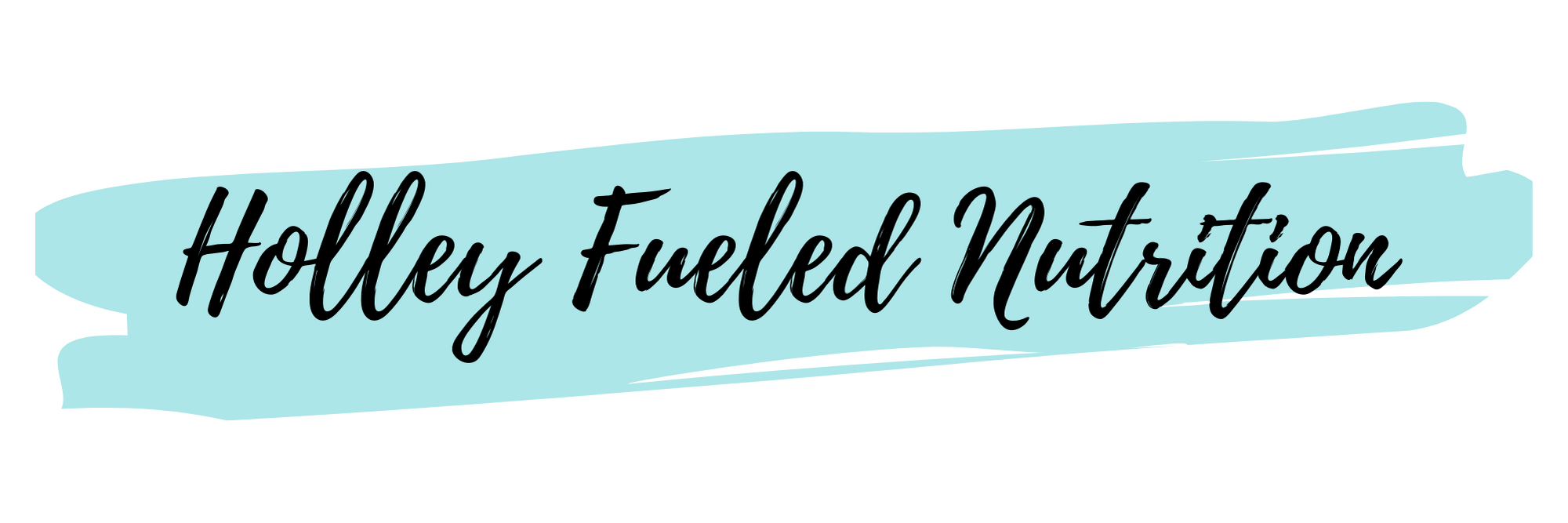What is a Registered Dietitian?
Holley Samuel MEd, RD, LD, CSSD, CPT
If you have been present anywhere on the internet in this day and age, you may have noticed a lot of nutrition information circulating. Some of this information may seem far fetched while some is supported by research studies, and there also appears to be no consistency in the profession responsible for spreading this information.
Doctors, dietitians, nutritionists, coaches, personal trainers, multi-level marketing representatives, professional and recreational athletes and others all seem to be behind sharing and declaring nutrition information across social media. It can be hard to navigate who is actually qualified to give health advice. Food and nutrition misinformation can have harmful effects on the health, well-being, and economic status of consumers.
Registered dietitians are the only state and nationally credentialed and licensed nutrition professionals in the US. They are the only professionals permitted to provide medical nutrition therapy in clinical settings, individualized meal plans, and are the most qualified to give nutrition advice across the board.
Let’s breakdown the standard of education required for the various titles or certifications in the United States:
The goal of this article is to provide clarification on the level and degree of nutrition educational background among various people within the US giving nutrition advice. Registered dietitians are the most qualified people to provide nutrition information, and are the only qualified people to provide individualized meal plans and medical nutrition therapy in clinical settings.
Registered dietitians should be sought out as the experts in the field of nutrition, and other persons who have completed nutrition education should play a supporting role to distribute accurate and helpful nutrition information to the public within their scopes of practice. Nutrition information from all other persons not holding the credential of registered dietitian should be heeded with caution, as misinformation around nutrition and health can be harmful.
References
Adams KM, Lindell KC, Kohlmeier M, Zeisel SH. Status of nutrition education in medical schools. Am J Clin Nutr. 2006;83(4):941S-944S. doi:10.1093/ajcn/83.4.941S
Institute of Medicine (US) Committee on Nutrition Services for Medicare Beneficiaries. The Role of Nutrition in Maintaining Health in the Nation's Elderly: Evaluating Coverage of Nutrition Services for the Medicare Population. Washington (DC): National Academies Press (US); 2000. 13, Providers of Nutrition Services. Available from: https://www.ncbi.nlm.nih.gov/books/NBK225306/




